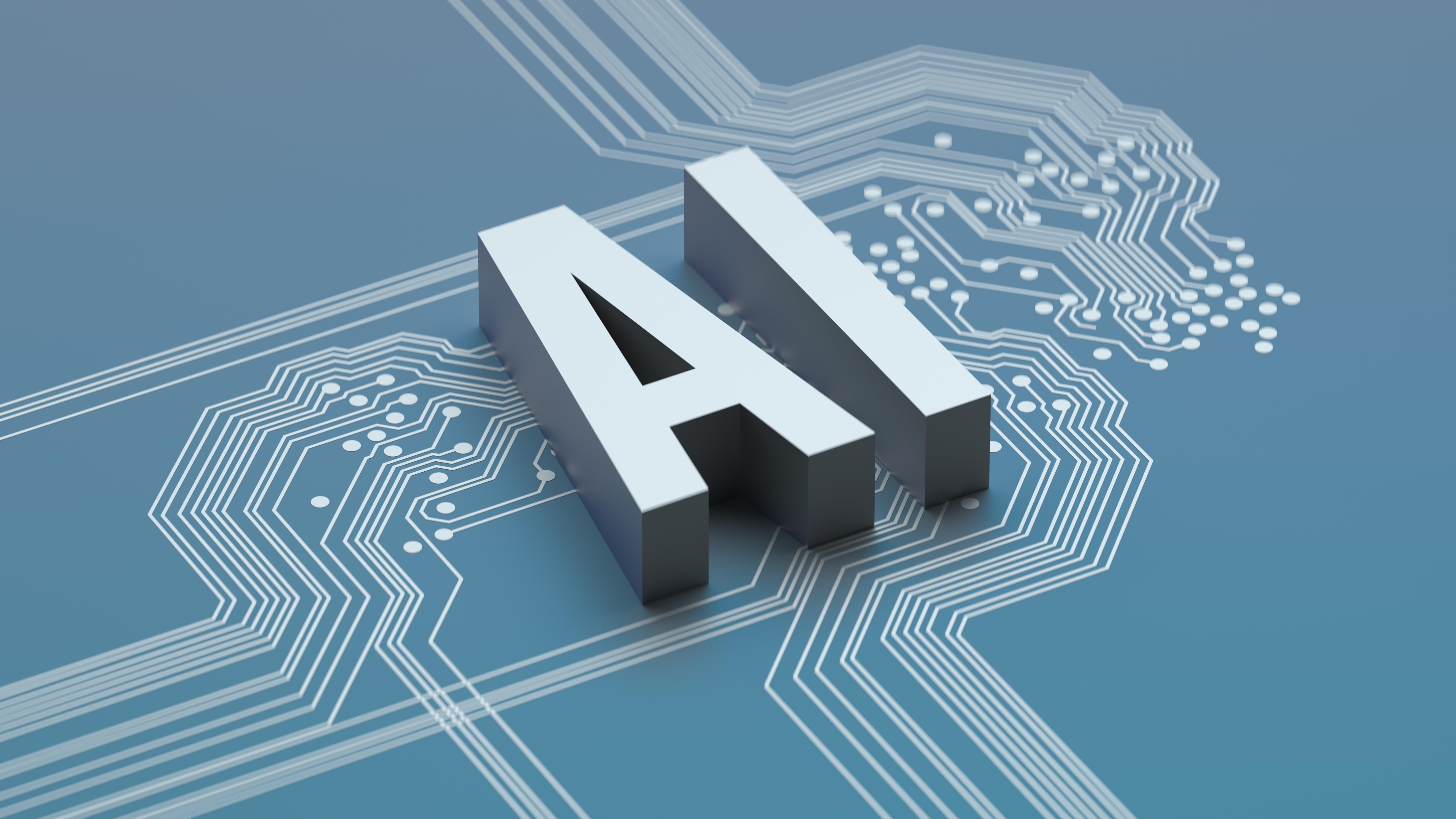AI-powered personalization and predictive analytics are now standard in modern hotels. Advanced PMS systems, like Hotelogix’s new suite, analyze booking patterns to forecast demand, optimize pricing, and adjust rates dynamically in real time.
Similarly, companies like Lighthouse (formerly OTA Insight) have reached unicorn status thanks to AI‑driven pricing tools adopted by over 70,000 properties worldwide, including major chains such as Radisson and IHG.
Meanwhile, AI chatbots and virtual concierges are increasingly common. Brands like Zedwell Hotels use AI kiosks and WhatsApp chatbots to cut check‑in times from 10 minutes to just 2½, while reducing front‑desk staffing by two‑thirds. These virtual assistants handle everything from room requests to local recommendations, freeing staff to offer more personalized service.
🤖 Robotics & Automation: Replacing Labor with Efficiency
Labor shortages and rising costs are fueling adoption of robotics in hotels. A standout is the Zerith H1 humanoid housekeeping robot, designed to autonomously clean entire rooms, including vacuuming, wiping showers, and restocking amenities. It can navigate corridors, recognize objects, and intelligently manage its tasks, ushering in a labor‑light era for daily cleaning duties.
At expos like CES, restaurants and hotel chains showcased robot baristas and AI chefs, sparking both fascination and job-security concerns.
Though it’s early days, expect robotic food and beverage service to follow, complementing human teams and streamlining back‑house workflows.
🎤 Voice & Contactless Tech: Touch-Free Comfort
Contactless interactions have grown essential, and not just for hygiene. Guests now expect mobile check‑in/out, digital room keys, and voice‑activated in‑room controls for lighting, temperature, and entertainment. Apps like citizenM’s and Virgin Hotels’ “Lucy” allow guests to order pillows, laundry, or room service with just a tap.
Hotels are also integrating voice‑bot check-in systems, enabling guests to interact using natural language instead of hardware, foundational tech documented as early as 2022.
🔗 Connected Platforms & Collaboration Tools
The modern hotel room is part of a digital ecosystem. Connected guest experience platforms unify digital services, chatbots, mobile apps, room controls, and integrate them with PMS, CRM, POS, and loyalty systems. This approach allows predictive upselling, dynamic offers, and hyper‑targeted guest journeys.
For staff, cloud‑based operations platforms like hotelkit provide digital handovers, task management, auditing, and maintenance workflows. Deployed in more than 3,800 hotels across 80 countries, it enhances coordination between housekeeping, front desk, and engineering teams.
Similarly, ALICE’s workflow management app integrates guest-facing requests (e.g., room service, maintenance) via web or SMS, with multi‑department dispatch and real‑time tracking. These unified systems reduce friction, improve response times, and equip frontline staff to deliver high‑quality service.
🌱 Sustainability Tech: Greener, Smarter Stays
Eco‑friendly solutions are rising from niche to necessity. Energy management systems, smart thermostats, lighting controls, and water‑saving sensors, slash consumption and carbon footprint while maintaining comfort. Some hotels also deploy waste management platforms and carbon‑footprint calculators to track emissions and engage eco‑conscious guests.
🔄 Dynamic Pricing + Big Data: Revenue Maximized
Gone are the days of static pricing. Hotels now use micro-service‑based dynamic pricing engines that factor in current demand, competitor rates, and local events with millisecond responsiveness. Tools like Lighthouse’s AI system and Mews kiosks give even smaller properties powerful pricing firepower.
💡 How These Products Are Reshaping Hotels
- Operational efficiency: Robots like Zerith H1 and AI‑based housekeeping free staff from repetitive tasks, allowing them to focus on hospitality.
- Faster check-in/out and service delivery: Contactless tech, chatbots, and kiosks reduce queues and empower guests with autonomy and convenience.
- Enhanced personalization: Data integration via CDPs, CRM, and POS allows hotels to anticipate guest preferences, from pillow type to dining offers.
- Revenue optimization: Turn data into profit with dynamic pricing that adapts to real-time demand trends.
- Meeting modern expectations: Sustainability, transparency (in carbon footprint), and seamless experiences meet Gen Z and Millennial values.
🎯 Final Take
As 2025 unfolds, these technologies are shifting hotels from static “places to sleep” into dynamic, personalized, and eco-conscious environments powered by AI, robotics, and seamless connectivity. Early adopters gain a dual edge, operational excellence and elevated guest experiences.
Hotels that embrace and integrate these hospitality technology products, while retaining a human touch, are poised to lead the next wave of hospitality. The future of travel isn’t just digital, it’s intelligent, responsive, and humane.

